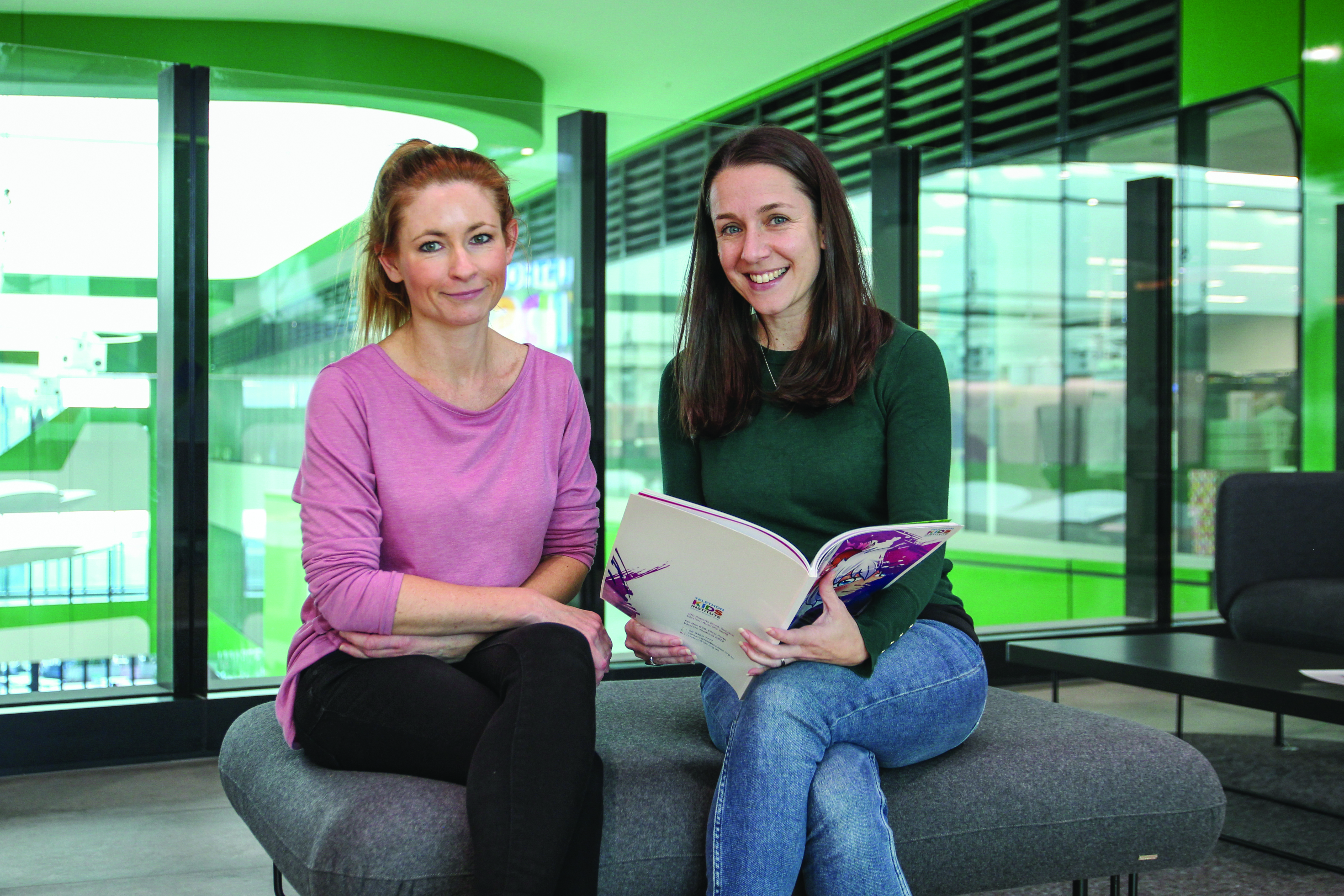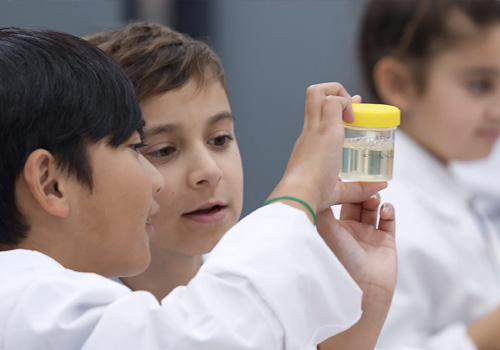Search
Research
Developmental Relationship-Based Interventions for Autistic ChildrenAndrew Videos Whitehouse Watch and listen to Andrew PhD Deputy Director (Research); Angela Wright Bennett Professor of Autism Research at The Kids
Research
A randomised-controlled trial of a parent-mediated intervention for managing uncertainty in young children diagnosed on the autism spectrumGail Andrew Videos Alvares Whitehouse Watch and listen to Andrew PhD PhD Senior Research Fellow Deputy Director (Research); Angela Wright Bennett
Research
Implementation of the National Guideline for the Assessment and Diagnosis of ASD in Australia – Health Sector Capacity BuildingAndrew Videos Whitehouse Watch and listen to Andrew PhD Deputy Director (Research); Angela Wright Bennett Professor of Autism Research at The Kids
Research
Raine Study - Senses Special Interest GroupChris Andrew Monique Sarra Videos Brennan-Jones Whitehouse Watch and listen to Andrew Robinson Jamieson PhD PhD PhD MPsych (Clin) MAPS BSc (Hons) MSc
Research
The Engage Study: discovering and delighting in your baby - a pilot studyAndrew Desiree Gail Kandice Videos Whitehouse Watch and listen to Andrew Silva Alvares Varcin PhD MBBS, FRACP, MPH, PhD PhD M.Psych (Clinical), PhD
Research
Caregiver-Mediated Early Support Program Delivered Online Versus Care-as-Usual for Infants at Elevated Familial Likelihood for AutismLiL' STEPS (Language development & Intervention Lab's SupporTing Early social-communication and language by Promoting caregiver Sensitive responsiveness) is a novel, manualized, caregiver-mediated early support program developed in India and delivered online for infants at elevated familial likelihood for autism. The program has been found to be feasible and acceptable. The preliminary efficacy of the LiL' STEPS program, which remains to be evaluated, was assessed in this study using a feasibility randomized controlled trial design.
Research
Genome-wide association meta-analysis of childhood ADHD symptoms and diagnosis identifies new loci and potential effector genesWe performed a genome-wide association meta-analysis of 290,134 attention-deficit/hyperactivity disorder symptom measures of 70,953 unique individuals from multiple raters, ages and instruments.

Trans or gender diverse young people are working with The Kids researchers to come up with resources that will provide better support to parents.


Everything you need to book an excursion for homeschool students at the The Kids Discovery Centre.
